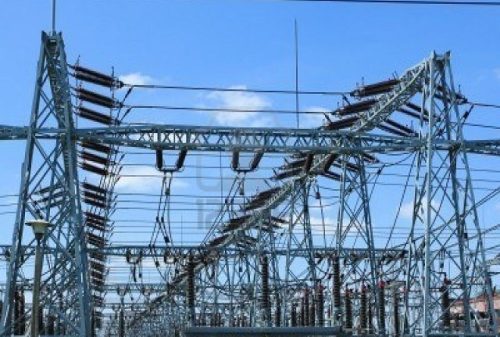Nigeria’s power sector presented a paradoxical picture in the first quarter of 2025. Despite persistent consumer complaints about unreliable electricity supply, billing inefficiencies, and frequent outages, the electricity distribution companies (DisCos) reported a significant surge in revenue. They collected N553.63 billion, an 8.59% increase from the N509.84 billion collected in the previous quarter. This financial gain came even as Nigerians continued to grapple with erratic power supply, characterized by fluctuations and instability in the national grid frequency. While power generation experienced a slight improvement, rising from 9,289.95 Gigawatt-hours (GWh) in Q4 2024 to 10,304.47 GWh in Q1 2025, this marginal increase did little to alleviate the pervasive power shortages experienced across the country. A substantial portion of the generated power was either lost during transmission or remained unbilled, further exacerbating the supply deficit.
The disconnect between revenue growth and service delivery underscores the deep-seated challenges plaguing Nigeria’s electricity sector. The DisCos received 8,169 GWh of energy from the national grid but only billed consumers for 6,631.92 GWh. This discrepancy highlights a decline in billing efficiency, which fell from 83.66% in the previous quarter to 81.18% in Q1 2025. Furthermore, collection efficiency also deteriorated, dropping to 74.39%. This translates to approximately N191 billion in billed revenue that remained uncollected. The cumulative effect of these technical, commercial, and collection losses reached a staggering 39.61%, drastically exceeding the industry target of 20.54%. This points to significant inefficiencies within the distribution segment of the power sector, which ultimately impact the quality of service experienced by consumers.
The increased revenue collected by the DisCos amidst declining service quality and widespread consumer dissatisfaction raises concerns about the effectiveness of existing tariff structures and regulatory oversight. Consumers lament paying more for less electricity, a sentiment fueled by the ongoing challenges with power supply reliability. While the first quarter of 2025 witnessed no complete grid collapse, a positive development compared to the twelve collapses recorded in 2024, the system continued to experience disruptive “trippings,” resulting in localized outages for some consumers. This suggests that while the overall stability of the grid may have improved, significant vulnerabilities remain, impacting the consistent delivery of electricity to end-users.
Despite avoiding a complete system collapse, the national grid continued to operate outside its prescribed technical parameters, according to the Nigerian Electricity Regulatory Commission (NERC). The average daily system frequencies and voltages consistently deviated from the acceptable ranges defined in the grid code. Operating outside these parameters poses risks to industrial equipment and overall grid stability, potentially leading to damage and further disruptions. NERC acknowledged these deviations and emphasized its ongoing engagement with the System Operator (SO) to improve grid coordination and mitigate the risks associated with these operational inconsistencies. This highlights the ongoing challenges in maintaining a stable and reliable power grid, even in the absence of complete system collapses.
While the absence of a grid collapse represents a positive step, it masks the broader challenges related to grid quality and reliability. The persistent deviations in system frequency and voltage underscore the underlying vulnerabilities within the transmission infrastructure. NERC’s ongoing engagement with the SO to address these issues indicates that significant work remains to ensure the grid operates within the prescribed parameters and delivers consistent, reliable power. The fact that consumers continue to experience erratic power supply despite the absence of grid collapses highlights the need for a more comprehensive approach to improving the overall quality and reliability of electricity service.
In conclusion, the first quarter of 2025 presented a complex scenario for Nigeria’s electricity sector. Increased revenue for DisCos coincided with continued consumer dissatisfaction due to unreliable power supply, billing inefficiencies, and persistent outages. While the absence of a grid collapse offers a glimmer of hope, the underlying technical challenges related to grid stability and operational parameters persist. Addressing these issues requires a concerted effort from all stakeholders, including the DisCos, the Transmission Company of Nigeria (TCN), and NERC, to ensure that the gains in revenue translate into tangible improvements in the quality and reliability of electricity supply for Nigerian consumers. The focus needs to shift from merely avoiding complete system collapses to ensuring consistent and stable power delivery, addressing the root causes of the sector’s challenges, and prioritizing consumer satisfaction.


